Directory
- Share
Rohini Chaturvedi
- Alumni
- India
- 2007 MPhil Environment, Society and Development
2008 PhD Geography - Fitzwilliam College

Rohini Chaturvedi
- Alumni
- India
- 2007 MPhil Environment, Society and Development
2008 PhD Geography - Fitzwilliam College
I grew up in Pune, a city reputed for its environmental conscience. As an undergraduate student I often volunteered time at an environmental education camp for children where I had the opportunity to interact with experts in diverse fields ranging from botany to anthropology. These interactions left me eager to learn more about the linkages among natural resources, livelihoods and development. Consequently, I moved on to study forestry management and later worked in India where I had the opportunity to observe first-hand, the gaps between grassroots reality and environmental policy decisions. In an effort to enhance my understanding of environment-development issues, I joined the MPhil in Environment, Society and Development at Cambridge.Having completed the course in 2008, I continued onto a PhD. My research is looking at federalism and forest policy making in India. I also teach a module on international development at the University’s Institute of Continuing Education.
Muaz Chaudhry
- Scholar-elect
- United States, Pakistan
- 2025 PhD Multi-disciplinary Gender Studies
- King's College
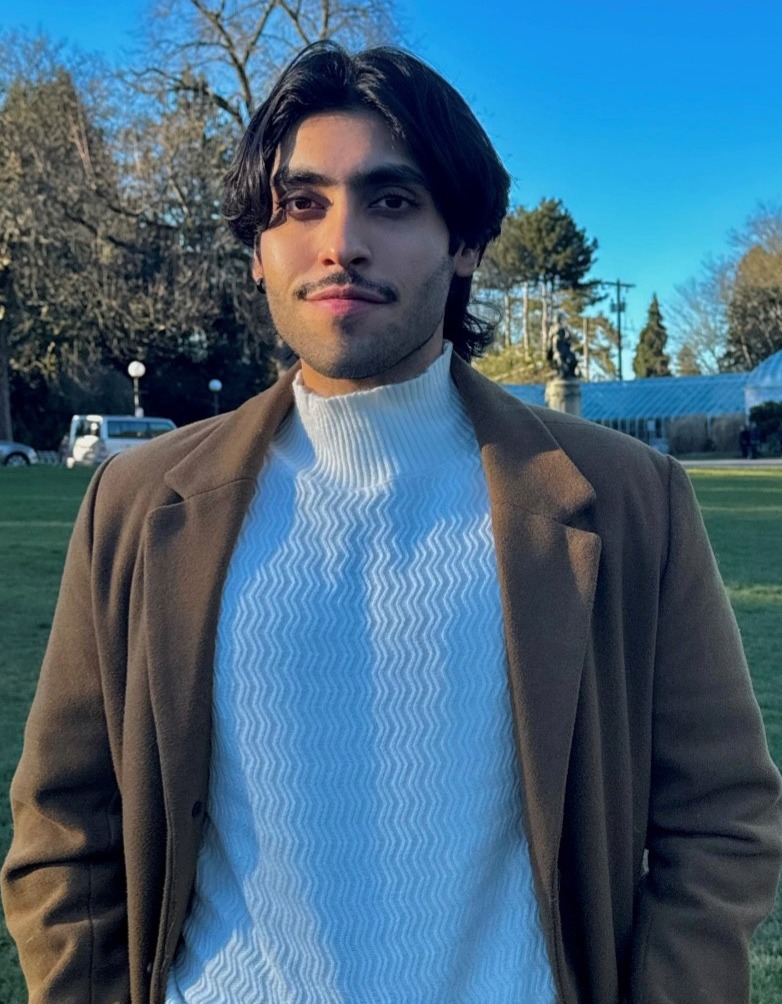
Muaz Chaudhry
- Scholar-elect
- United States, Pakistan
- 2025 PhD Multi-disciplinary Gender Studies
- King's College
The social battles I fight today started in my late teens, facing a world that expected me to fail and sought to isolate me for embracing my true self. But I chose to carve my own path, embrace my identity, and defy societal expectations. My journey has always been about ensuring that marginalized communities don’t endure the same struggles I faced. With relentless determination, I graduated as valedictorian in college, earned the Humanitarian and the Dean’s Distinguished Leadership Awards at UChicago, was named an Obama Scholar, and earned numerous other accolades—now hanging on the wall of my childhood home in Bahawalpur, Pakistan. Through Gender Rights Watch (GRW), the organization I co-founded, I continue to advocate and conduct research to improve the lives of millions. The Gates Cambridge Scholarship opens yet another chapter in my mission for justice and equality. My PhD research, focused on the Economics of Gender, explores the determinants and consequences of labor market exclusion for trans and queer communities in South Asia. I dedicate this scholarship to my late Amajan (grandmother), who served as a motivation throughout my journey, and to the oppressed minorities I aim to uplift through this prestigious platform.
Previous Education
University of Chicago Public Policy
University of Chicago Social Sector Leadership
Rittik Chaudhuri
- Alumni
- United States
- 2005 PhD Biological Science
- Magdalene College
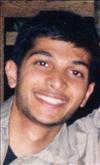
Rittik Chaudhuri
- Alumni
- United States
- 2005 PhD Biological Science
- Magdalene College
Among the genes encoded by HIV, Nef has been shown to be a primary determinant of viral pathogenicity. Patients infected with an attenuated strain of HIV, lacking a functional Nef, have displayed markedly slower progression towards AIDS. While at Cambridge, I intend to explore the role of Nef in HIV pathogenesis using an array of biochemical, cell biological, and genomic approaches. Hopefully, the findings of these studies will contribute to our understanding of HIV.
Sivapalan Chelvaniththilan
- Alumni
- Sri Lanka
- 2016 MPhil Physics
- Churchill College
Sivapalan Chelvaniththilan
- Alumni
- Sri Lanka
- 2016 MPhil Physics
- Churchill College
I was born in Jaffna, Sri Lanka during the peak of the war. My parents had lost their house to aerial bombing two years before I was born and three weeks after their wedding. After I was born, we were displaced five times. Between 2001 and 2005, I studied in New Delhi where my mother went to do a PhD and hence missed most part of the peaceful time when a ceasefire was held. The fighting started again in 2005 and continued until 2009. In 2009, transport between Jaffna and Colombo, the capital city, became possible. I used this opportunity to sit for the London AL examinations and was fortunate to win a Reach Oxford scholarship.At Oxford I was able to learn about research in different areas of Physics by participating in small research projects supervised by my tutors. In particular, I became interested in computational biophysics and I am currently working on a project on the molecular dynamics of proteins for my undergraduate degree. At Cambridge, I will be using the same techniques to study the mechanisms of activation and silencing of genes in DNA.
Previous Education
University of Oxford
Lubin Chen
- Alumni
- China
- 2009 PhD Pharmacology
- Jesus College
Lubin Chen
- Alumni
- China
- 2009 PhD Pharmacology
- Jesus College
With the help of the Gates Cambridge Trust, I am pursuing a PhD in the Department of Pharmacology. My work is to investigate into an ion channel called Hyperpolarization-activated Cyclic Nucleotide-modulated (HCN) ion channels. Our lab has shown that HCN channel subtype 2 plays a central role in both inflammatory and neuropathic pain. And I am currently working on the molecular mechanism of how this channel is modulated in the hope of finding some chemicals which target on this channel and may have potential therapeutic benefits for those patients who suffer from pain.
Rongjun Chen
- Alumni
- China
- 2003 PhD Chemical Engineering
- Clare Hall
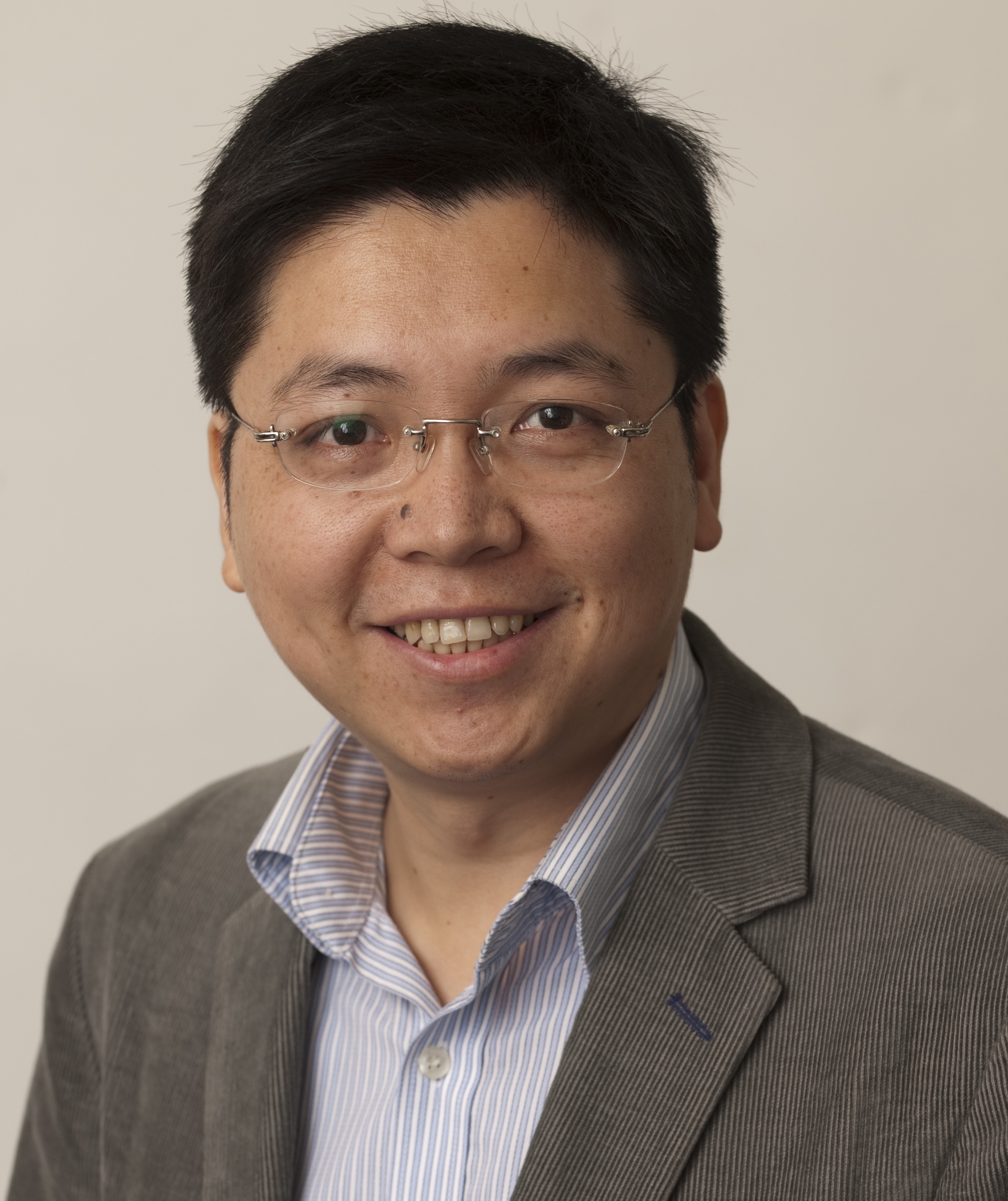
Rongjun Chen
- Alumni
- China
- 2003 PhD Chemical Engineering
- Clare Hall
Rongjun is Professor of Biomaterials Engineering in the Department of Chemical Engineering at Imperial College London. His research focuses on the development of biomaterials for applications including targeted drug delivery, cancer theranostics, cell and gene therapy, heat-stable vaccine formulation, and thrombolytic therapy.
Rongjun did his PhD (2003-2007), funded by Gates Cambridge Scholarship and Overseas Research Studentship, and his postdoctoral work (2006-2009) at the University of Cambridge, both in the lab of Professor Nigel Slater FREng in the Department of Chemical Engineering. He started his tenure-track academic position as Group Leader and BHRC Senior Translational Research Fellow at the University of Leeds in October 2009. He moved to Imperial College London as Lecturer in May 2013 and was then promoted to Senior Lecturer in 2016, Reader in Biomaterials Engineering in 2019 and Professor of Biomaterials Engineering in 2022.
Weishi Chen
- Scholar
- China
- 2022 PhD Biostatistics
- Trinity College
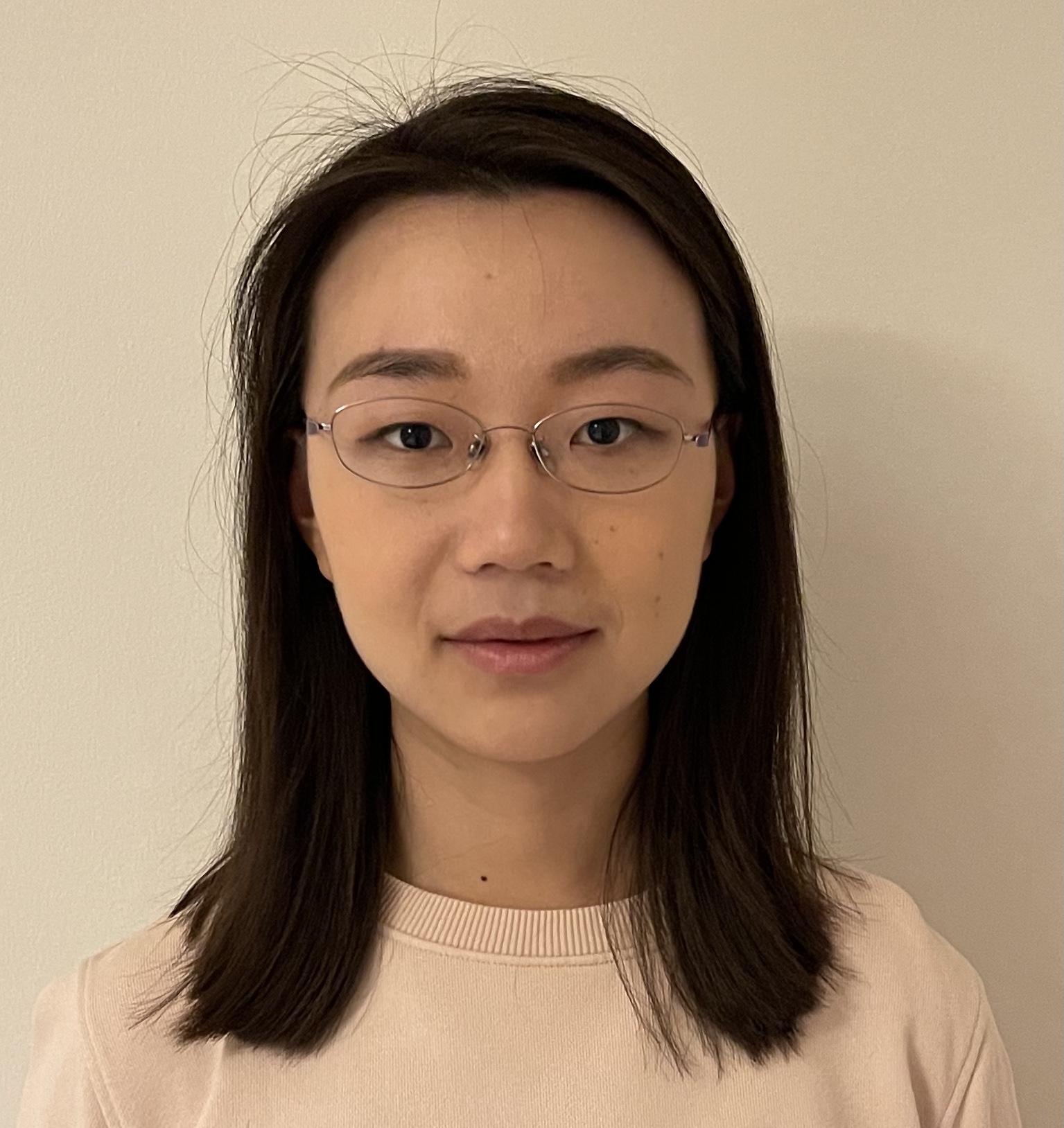
Weishi Chen
- Scholar
- China
- 2022 PhD Biostatistics
- Trinity College
I was first introduced to the subject of Statistics during my undergraduate doing BSc in Statistics at University College London. I received thorough training in Statistics at UCL, from the theoretical side of measure theory to various applied areas, such as extreme values analysis and geostatistics. Subsequently, I went to Oxford for an MSc also in Statistics. A summer internship at the Biostatistics Unit at Cambridge introduced me to the area of biostatistics and in particular, I met my supervisor who works in the area of design of clinical trials. I decided to continue for a PhD in this area, seeking to achieve treatment individualisation in early phase clinical trials. This is important because not only it will recommend treatment adapted to different personal characteristics, but better early phase designs will also increase the acceptance rate of the treatment in later phase trials. I sincerely hope that my research will help improve the experience of patients, and it is my great pleasure to receive the Gates Cambridge Scholarship which also aims to improve the life quality of others.
Previous Education
University of Oxford Statistical Science 2022
University College London Statistics 2021
Yen-Chun Chen
- Alumni
- Taiwan
- 2010 PhD Sociology
- Queens' College

Yen-Chun Chen
- Alumni
- Taiwan
- 2010 PhD Sociology
- Queens' College
I am from Taiwan, a country full of friendly people and warm welcome. My concern about other people's lives lead me to study in social science (from politics, social works to sociology). Volunteer experience in different kinds of organisations and positions is a big part of my life stories and has opened up different doors for me to explore the global world. For my PhD, I will focus on intergenerational relationship, especially on employed women's roles as the main care giver in the family. As a person with such a strong familial orientation, I plan to go back to Taiwan after my study and use my knowledge and ability to contribute to the land and people that have nurtured me so much.
Yuyin (Allen) Chen
- Alumni
- United States
- 2008 MPhil Chemistry
- Churchill College

Yuyin (Allen) Chen
- Alumni
- United States
- 2008 MPhil Chemistry
- Churchill College
I worked in Prof. David Klenerman's lab where I used single-molecule fluorescence techniques to study aggregation of proteins involved in neurodegenerative diseases. Currently I'm doing a MD-PhD at Harvard in preparation for a career as a physician-scientist.
Zhiyu Chen
- Scholar
- China
- 2023 PhD History and Philosophy of Science
- Newnham College
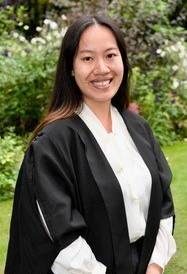
Zhiyu Chen
- Scholar
- China
- 2023 PhD History and Philosophy of Science
- Newnham College
I grew up in Xuzhou, a melting pot of cultures in eastern China with an industrial past. Whilst studying Natural Sciences at Cambridge, I was confronted with some of the ways science and medicine have been and continue to be entangled in structures of oppression. I realised that, to build a sustainable and just future through evidence-informed policies, science must confront its colonial legacies. My PhD aims to radically reorientate received accounts of scientific inquiry in the early modern Pacific. Building upon my interest and experience in disentangling cross-cultural production and interpretation of visual and material culture, I use maps to show that early modern Europeans did not have a monopoly on geographical representation, intellectual exchange, or entrepreneurial mobility. This project is part of my development of a methodology that allows the recovery of non-European agency and heterogeneity otherwise occluded by imperial rhetoric in textual archives. Beside my academic work, I am also interested in equity and justice work for gender equality and indigenous rights. I am grateful to join the Gates Cambridge programme and its international and interdisciplinary scholarly community.
Previous Education
University of Cambridge Hist. & Phil. of Sci. & Med. 2023
University of Cambridge Natural Sciences 2022
Justin Chenevier
- Alumni
- Australia
- 2003 PhD Legal Studies
- Pembroke College

Justin Chenevier
- Alumni
- Australia
- 2003 PhD Legal Studies
- Pembroke College
Ekaterina Chernyakova
- Alumni
- Russian Federation
- 2010 PhD Music
- Emmanuel College
Ekaterina Chernyakova
- Alumni
- Russian Federation
- 2010 PhD Music
- Emmanuel College
After graduating from St. Petersburg Conservatory as a musicologist, I spent a year in Utrecht and a year in Paris studying the Middle Ages and medieval music in particular. My MPhil project at Utrecht University was dedicated to the study of early medieval notions of hearing, aural perception, and musical ear. For my PhD at Cambridge I plan to continue exploring the problems of hearing, perceiving and memorizing music within the context of medieval plainchant repertories and the earliest Western musical notations.
Adriana Cherskov
- Alumni
- United States
- 2014 MPhil Medical Science
- Trinity College
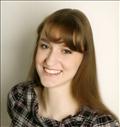
Adriana Cherskov
- Alumni
- United States
- 2014 MPhil Medical Science
- Trinity College
I graduated from Princeton University with a B.A. in Molecular Biology and Certificates in Musical Performance and Neuroscience. Neuroscience captures my curiosity unlike anything else. My academic work, including my senior thesis research, and volunteer experiences in the clinic and beyond have motivated me to focus on developing a better understanding of the pathophysiology of autism spectrum disorders, and by extension elucidating possible molecular mechanisms which would lead to more effective treatment. At Cambridge, I look forward to pursuing an MPhil in Medical Science (Psychiatry) and investigating transcriptional and epigenetic regulation in the autistic brain in the research group of Professor Simon Baron-Cohen. Ultimately, I plan to pursue a career as a physician-scientist in order to develop more effective therapies for such complex neurodevelopmental disorders as autism.
Chi Chew
- Alumni
- Singapore
- 2005 PhD Classics
- Murray Edwards College (New Hall)

Chi Chew
- Alumni
- Singapore
- 2005 PhD Classics
- Murray Edwards College (New Hall)
I am extremely grateful to be provided with this opportunity to continue to pursue my studies in Philosophy and to benefit from the enriching community life of Cambridge University, especially in its inter-cultural and international aspects. I look forward to many fascinating conversations with other Gates Scholars and others.
Kevin Chew
- Alumni
- Singapore
- 2016 PhD Film and Screen Studies
- Gonville and Caius College
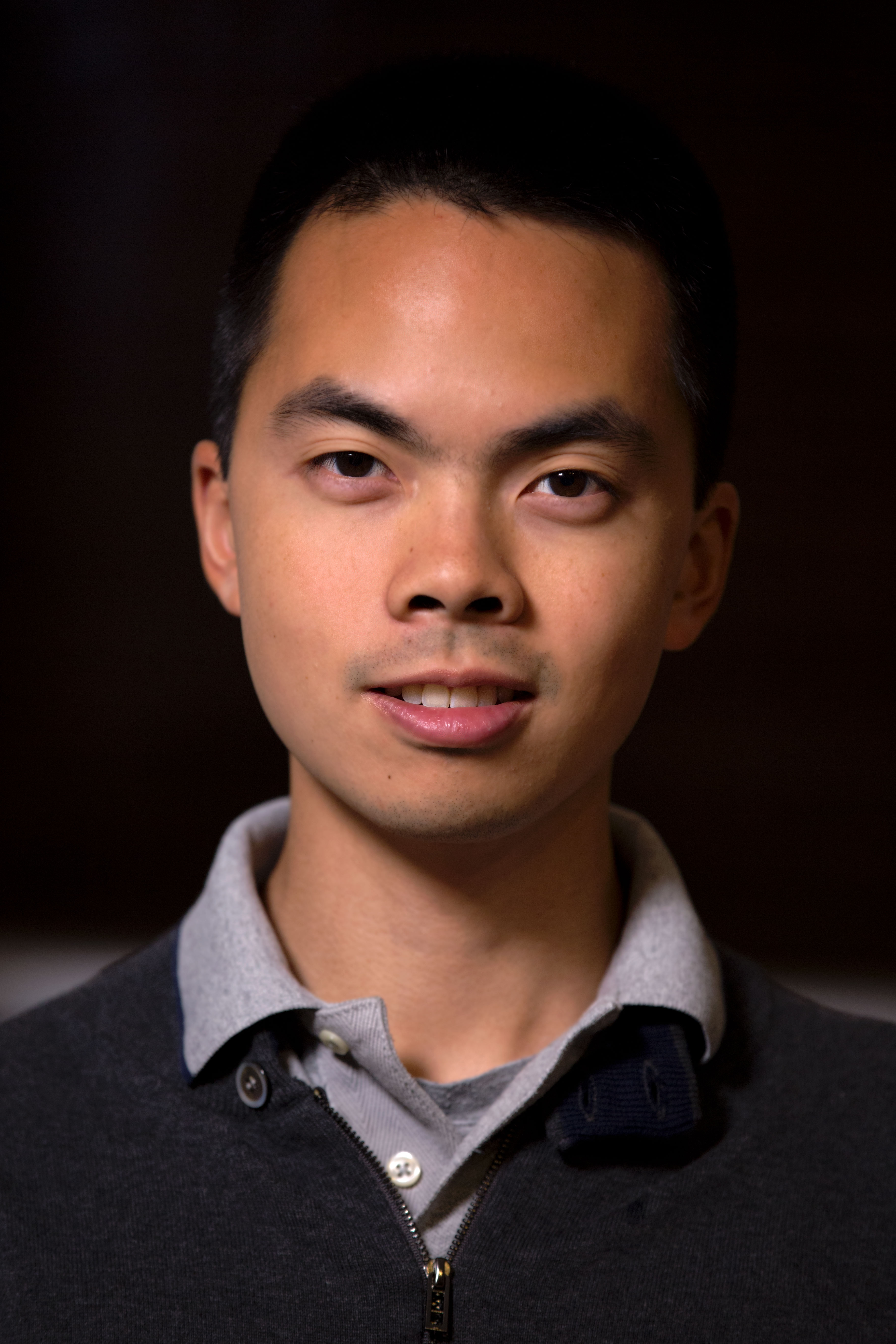
Kevin Chew
- Alumni
- Singapore
- 2016 PhD Film and Screen Studies
- Gonville and Caius College
I joined the Gates Cambridge community in 2016 and received my PhD in Film and Screen Studies in January 2021. My PhD thesis examines the ways in which political conflict is reflected and articulated in contemporary Disney animation. I have since joined the faculty of Nanyang Technological University, where I teach topics in film studies. My current research interests span the films of Hayao Miyazaki as well as recent live-action Singaporean filmmaking.
Previous Education
University of Cambridge
Sook Chia
- Alumni
- Singapore
- 2004 PhD Education
- Homerton College
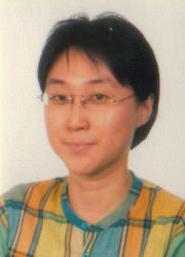
Sook Chia
- Alumni
- Singapore
- 2004 PhD Education
- Homerton College
I am very priviledged to be part of the Gates Cambridge Community. Being an educationist, I look forward to the exciting adventure ahead, to advance the cause of education and contribute to the society, in the spirit of a Gates Cambridge scholar.
Usha Chilukuri
- Alumni
- United States
- 2009 MPhil Early Modern History
- Clare College
Usha Chilukuri
- Alumni
- United States
- 2009 MPhil Early Modern History
- Clare College
Focusing on the career of John Field, a printer who operated between 1642 and 1668 in London and Cambridge, my MPhil project investigated the methods used for protecting printing rights in seventeenth-century England. I now live in San Francisco, where I work as a litigator at a large law firm. I am currently serving a term as the GCAA Director of Media Relations.
Benjamin Chin-Yee
- Scholar
- Canada
- 2022 PhD History and Philosophy of Science
- King's College
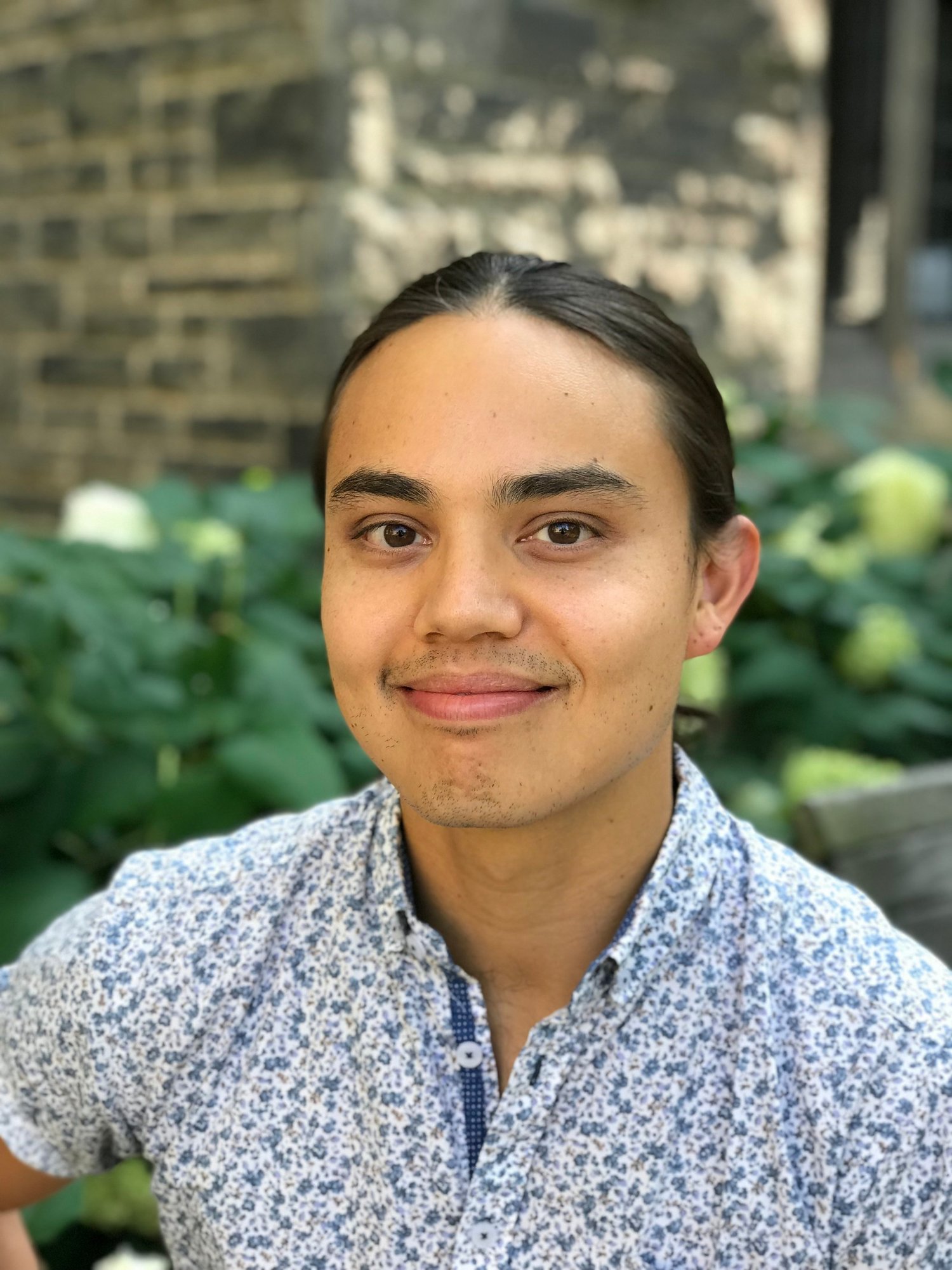
Benjamin Chin-Yee
- Scholar
- Canada
- 2022 PhD History and Philosophy of Science
- King's College
Growing up in Canada, I was fortunate to have teachers who nurtured my passion for both the sciences and humanities. But it was my exposure to history and philosophy of science as a visiting undergraduate at Cambridge which inspired me to pursue a path combining philosophy and medicine. I eventually chose to specialize in haematology-oncology, a field at the forefront of several exciting medical advances. Through my clinical work, I witnessed first-hand enthusiasm over “precision oncology” which many hope will revolutionize how we treat patients with cancer. My training in philosophy, however, also made me recognize the need for critical reflection to ensure that these advances translate into improvements in ethical and equitable patient care. My PhD will draw on my dual background in medicine and philosophy to undertake a philosophical analysis of precision oncology, examining a series of conceptual and ethical issues arising along the trajectory from basic science to clinical research and patient care. I’m honoured by the opportunity to pursue this research as a Gates Scholar and thrilled to return to Cambridge to join this inspiring multidisciplinary community.
Previous Education
Western University Schulich School of Medicine & Rotman Institute of Philosophy 2022
University of Toronto Faculty of Medicine & Inst. for the History & Philosophy of Science & Tech 2017
McGill University Faculty of Science 2013








